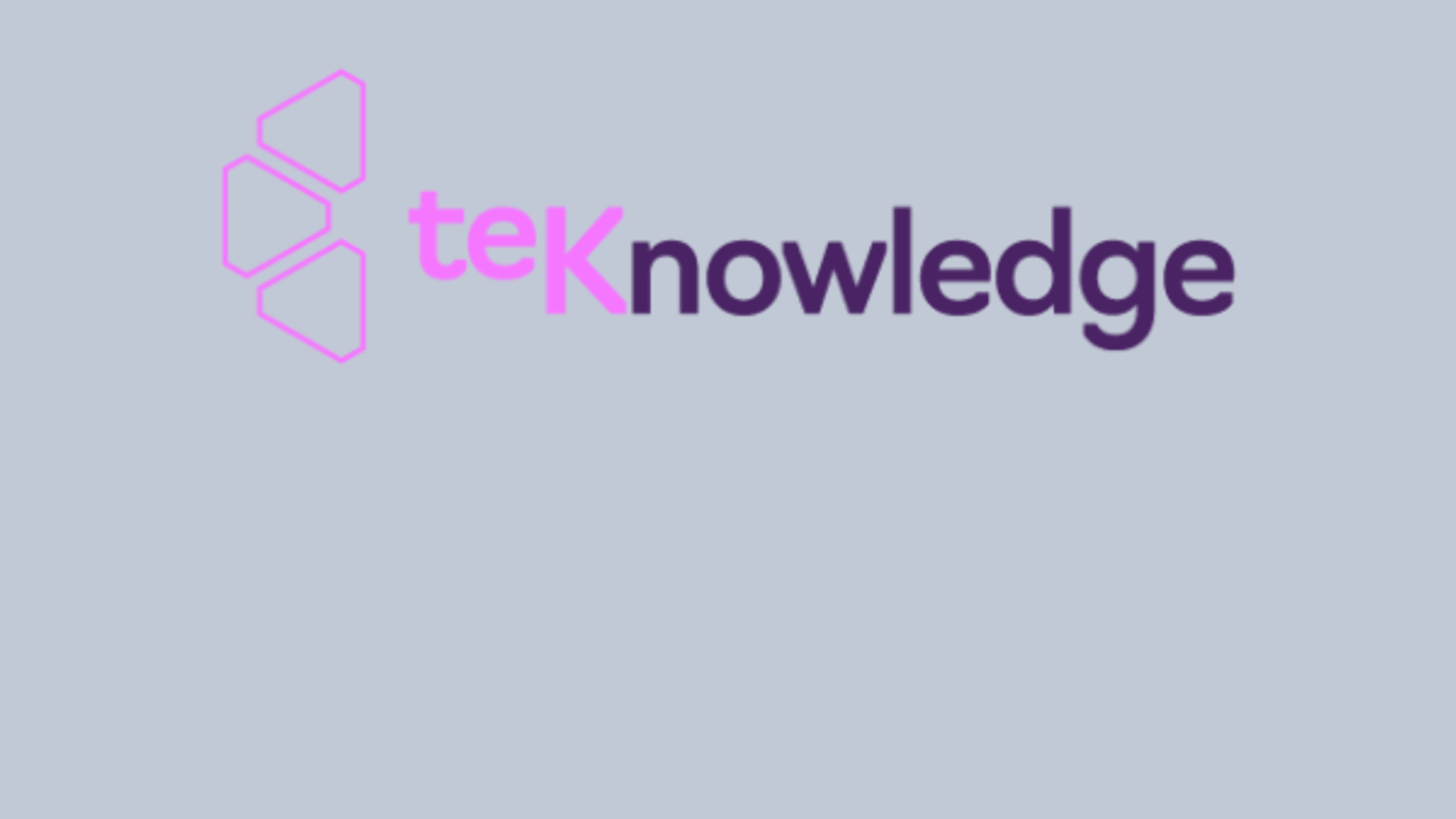Summarized by AI Model:google/pegasus-newsroom
Photo 1 of the 'Orange to collaborate with OpenAI and Meta to improve AI Large Language models to comprehend African regional languages' photo gallery. More celebrity photos at TMZ.com.Summarized by AI Model:facebook/bart-large-cnn
Orange says it will collaborate with OpenAI and Meta to improve AI Large Language models (LLMs) to comprehend African regional languages. Wolof and Pulaar are spoken by 16 million and 6 million people in West Africa, respectively. Orange wants everyone to have access to AI and associated advancements, including the illiterate.Orange says it will collaborate with OpenAI and Meta to improve AI Large Language models (LLMs) to comprehend African regional languages that are currently unintelligible by any GenAI model, as part of its dedication to digital inclusion and focus on promoting growth in the Middle East and Africa.
The goal of this creative project is to create unique AI models that will enable Orange’s customers to speak with them in their native tongues for sales and customer service. Orange will also offer these open-source AI models to third parties under a free license for non-commercial applications including public health, public education, and several other services. By working on these new AI models with regional startups and other tech companies, Orange hopes to contribute to the advancement of AI in these regional languages and lessen the widening digital divide that affects people throughout the African continent.
Starting in the first part of 2025, the program would first concentrate on integrating regional languages, specifically Wolof and Pulaar, which are spoken by 16 million and 6 million people in West Africa, respectively. In order to enable future models to recognise all African languages spoken and written throughout Orange’s 18-country footprint in the region, the company hopes to collaborate with numerous AI technology vendors in the long run. Leading AI models, such as OpenAI’s “Whisper” voice model and Meta’s “Llama” text model, will be better able to comprehend these regional languages if they are fine-tuned using a variety of samples of these languages. Orange wants everyone to have access to AI and associated advancements, including the illiterate, who are now unable to take advantage of AI’s potential. The project serves as a model for leveraging AI to help individuals who are currently marginalised.
With data processing and hosting in European datacenters, Orange will have direct access to OpenAI’s models, which will be made available for the first time in Europe, in addition to this regional African language recognition project. This will allow Orange to focus on enhancing current solutions throughout its footprint. Additionally, by providing early access to OpenAI’s newest and most sophisticated AI models, this new collaboration will make it possible to realise other important use cases, like AI-based voice interactions with Orange consumers.
Orange is committed to providing “Responsible AI,” in which the business carefully selects the most suitable and straightforward solution for every AI use case. This strategy minimises the environmental impact and lowers costs for the numerous beneficial AI use cases implemented throughout Orange by only utilising the most recent Large Language Models when absolutely required and opting for simpler, less expensive alternatives in other situations. With their support of open-source AI initiatives aimed at lowering the cost of AI for everyone, Orange is also contributing significantly to the growth of a thriving European AI ecosystem.


